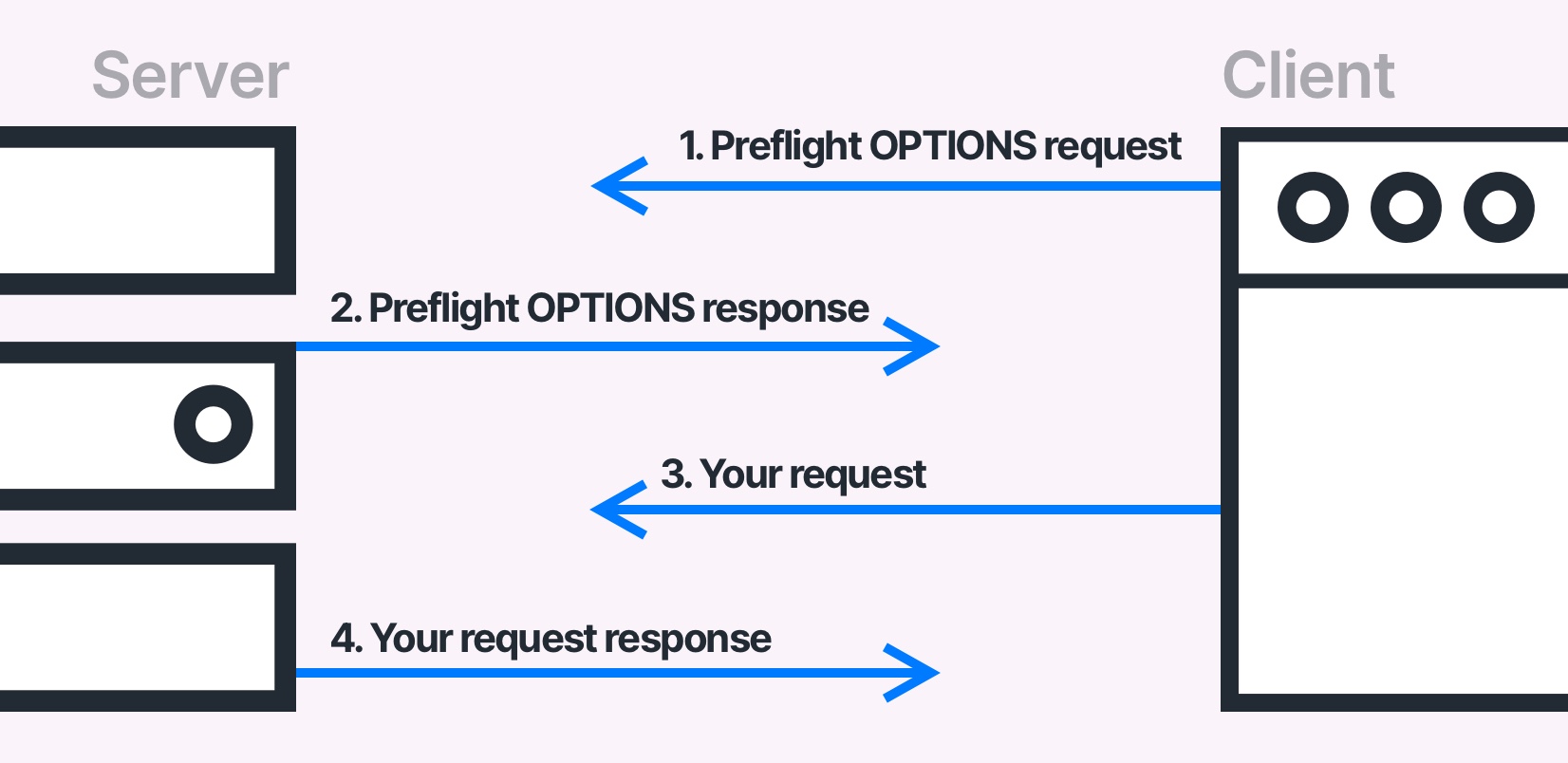Mastering Flask-CORS: Understanding and Resolving Common Issues
The Cross-Origin Resource Sharing (CORS) feature in Flask allows web applications running at one origin to request resources from another domain. It’s an essential aspect of web security, and Flask’s CORS package, flask-cors, offers several functionalities to manage these permissions. This article explores common issues, requirements, and best practices for handling CORS in Flask.
1. Flask CORS Allow Authorization Header
Properly configuring the authorization header is crucial for security. Flask-cors allows you to set specific rules for the “Authorization” header to ensure that only authorized requests are accepted.
2. Dealing with “No ‘Access-Control-Allow-Origin’ Header” Error
This common error occurs when the server doesn’t include the necessary CORS headers. By using flask-cors, you can set `allow_all_origins` to include the required headers, resolving the issue.
3. Flask CORS Error 403
Error 403 represents forbidden access. In Flask, this can occur when CORS rules are improperly configured. This error can be debugged and fixed by adjusting flask-cors settings and ensuring proper alignment with client requests.
4. Flask-CORS Supports_Credentials
The `supports_credentials` parameter in flask-cors enables the handling of cookies across domains. This section explains the `supports_credentials` parameter, how it contrasts with `allow_credentials`, and the associated security implications and best practices.
5. Flask-CORS Multiple Origins
Flask-cors allows you to specify multiple origins, enabling different domains to access your resources. It provides flexibility while maintaining security control.
6. Flask-CORS Requirements.txt
Installing flask-cors is easy using a `requirements.txt` file. Include the package in the file to manage dependencies efficiently.
7. Flask-CORS Supports_Credentials Best Practices and Troubleshooting
Understanding the `supports_credentials` parameter is vital for security. This section covers best practices for utilizing this parameter, exploring the differences between `supports_credentials` and `allow_credentials`, as well as common troubleshooting strategies.
Conclusion
Flask-CORS provides essential functionalities to manage cross-origin requests in Flask applications. By understanding its various parameters, including `supports_credentials`, and by following best practices, you can build secure and functional web applications. Familiarizing yourself with common errors and their resolutions will help you maintain an optimal user experience.







